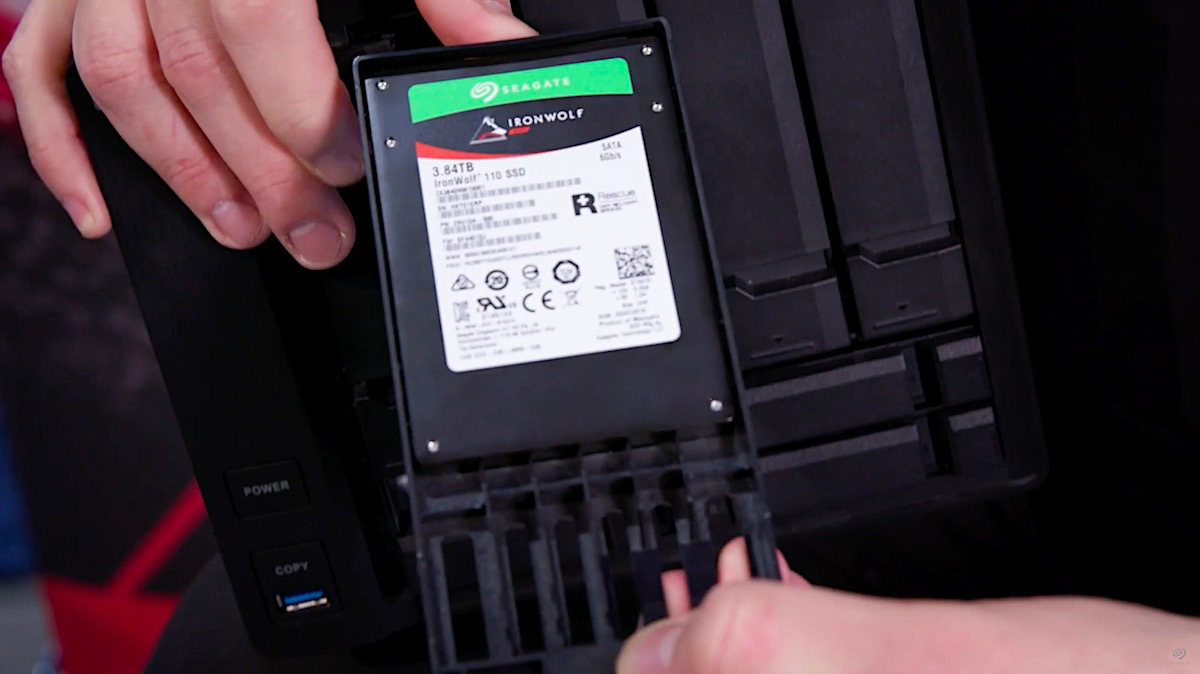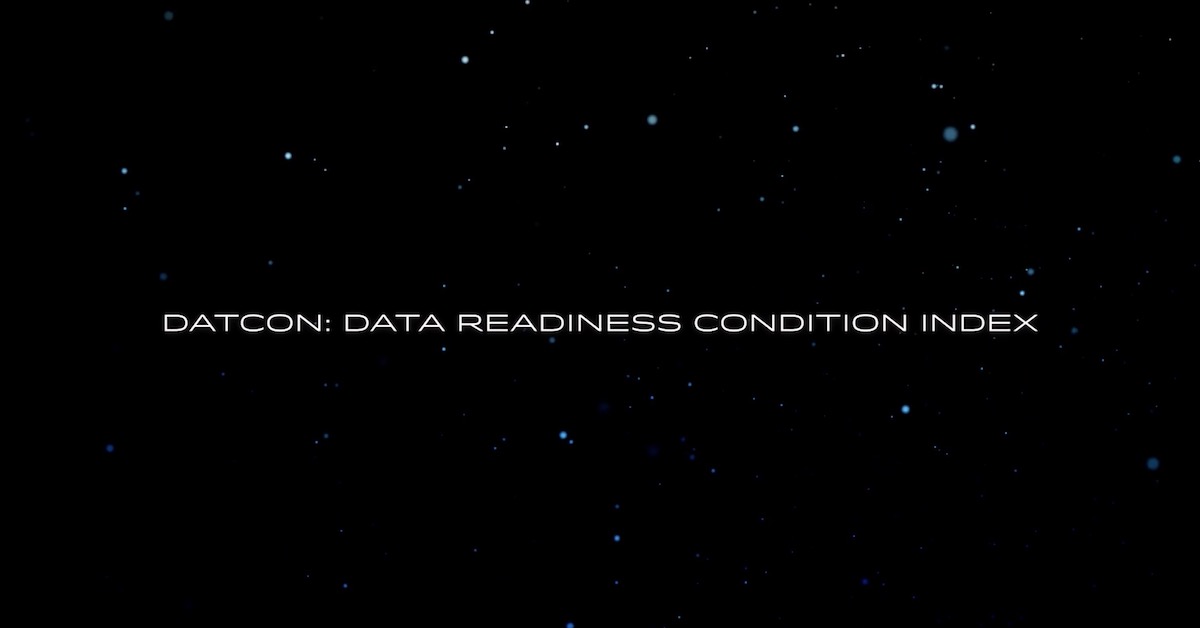Seagate and The Institute of Physics Ireland recently joined forces to hold a two-day conference on thin-film fabrication. Seagate makes common cause with the Institute in its efforts to promote science and science-based learning, and to promote the intelligent application of physics research in society, covering education, health, the environment, and technology.
The event, which took place at Seagate’s Springtown facility in Northern Ireland, brought together more than 90 academics, students and Seagate delegates to explore the areas of magnetism, thin-film deposition and plasma etching.
The conference agenda featured lectures delivered by academics representing universities in Manchester, Durham, Dublin and Grenoble and by a number of Seagate engineering managers. Topics covered included a review of the current nanoscale challenges, developments in surface science, and pathways to successful academic-industry collaboration—including an Engineering and Physical Sciences Research Council (EPSRC) Centre for Doctoral Training at Queen’s University Belfast.
The event helped Seagate to further strengthen ties with the academic community in the U.K., Ireland and Europe.
Damien Gallagher, executive engineering director at the Springtown facility, said the conference was “an excellent template for future industry-academic interactions.”
“It’s extremely beneficial for us to exchange knowledge with academics working in fields that are relevant to our technology,” Gallagher said. “For academics and students, it’s an opportunity for them to see how their research is applied in an industrial setting. For Seagate engineers, it gives us an insight into the direction that current academic research is taking and allows us to engage with potential future employees.”
In addition to the speaker agenda, the event also incorporated a poster competition for post-graduate delegates, which gave the students a chance to present their research projects to conference delegates and a team of judges.
Cian McKeown of the University of Limerick in Ireland, won a Seagate Seven portable drive for his poster on an Investigation of Anomalous Hall Effect on Ni-B thin films. Runner-up Raymond Lamb from the University of Glasgow in Scotland received a Seagate Wireless drive for his poster on Lorentz imaging of magnetic dynamics from milliseconds to nanoseconds.
Image at Top: Seagate’s Damien Gallagher (far right) presents Cian McKeown (left) with a Seagate Seven portable drive for his winning poster entry. Runner-up Raymond Lamb received a Seagate Wireless drive.








